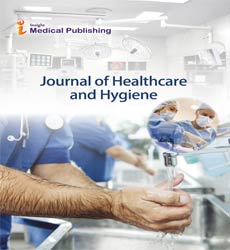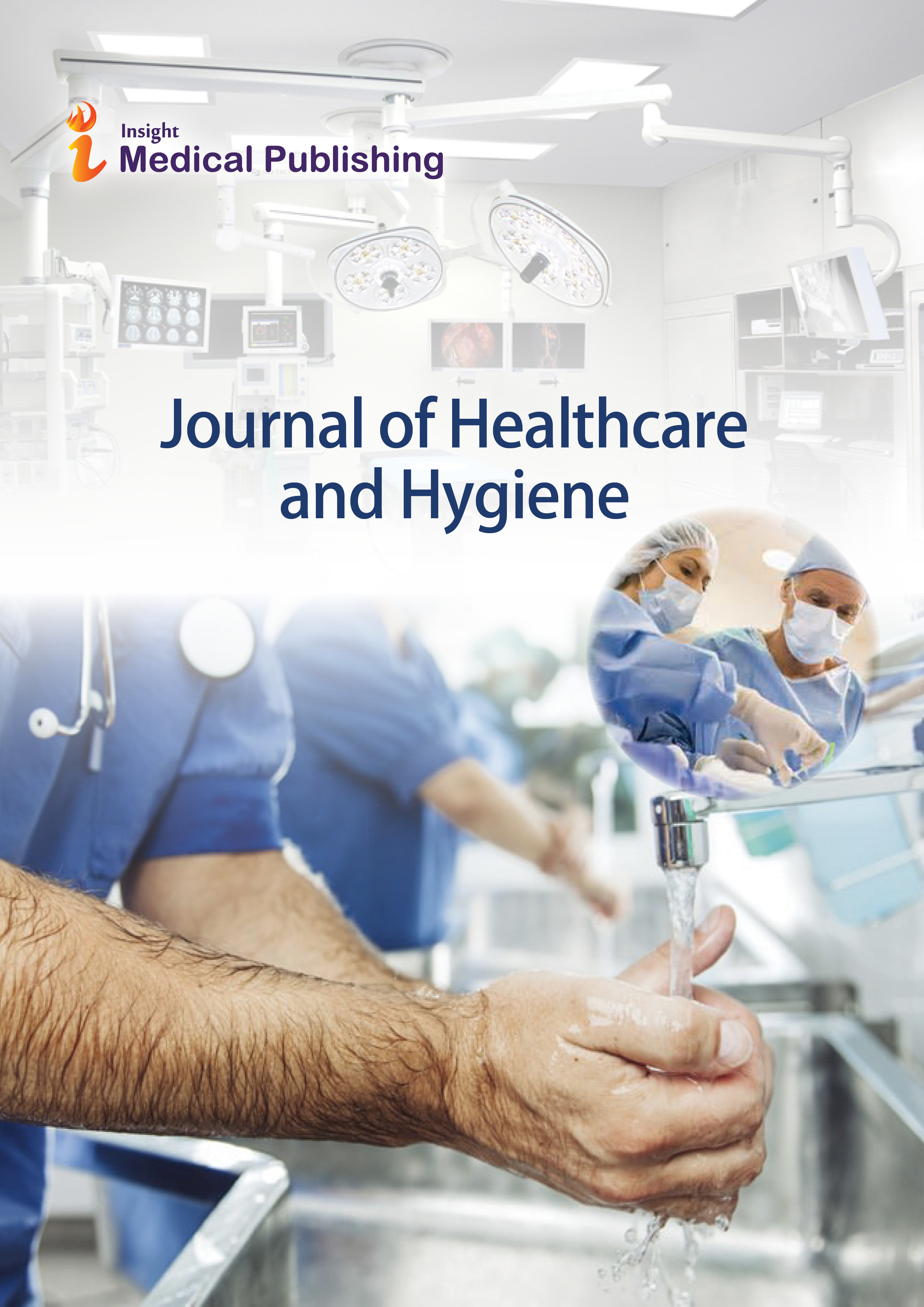Evaluation of the Utility of Prognostic Models for Patients Diagnosed with Peri-hilar Cholangiocarcinoma
Nichola Manu
Aintree University Hospital, Liverpoo
Received: June 2, 2022; Accepted: June 7, 2022; Published: June 13, 2022
Abstract
Background: Several potential prognostic models have been developed to stratify patients with peri-hilar cholangiocarcinoma (PHC) by Overall Survival (OS). The objective of this study was to evaluate the utility of these models in determining prognosis for all patients presenting to a tertiary treatment centre with PHC. Methods: Three hundred and two patients diagnosed with PHC referred to a regional tertiary referral centre between 2008 and 2019 had their demographic and survival data retrospectively analysed from a prospectively held database linked to Hospital Episode Statistics and Somerset Cancer Registry data. Univariate and multivariate modelling was utilised to determine significant prognostic variables. Concordance Indices were constructed for the prognostic models to determine internal validity within the cohort. Results: Multivariate analysis demonstrated that: pre-interventional ECOG status (p<0.001); serum albumin (p<0.001); bilirubin levels (p<0.001); CA 19-9 levels (p<0.001) and resectional status (p<0.001) were significant predictors of OS. Concordance indices demonstrated the predictive performance of the prognostic models for stratifying patients by OS in this cohort were poor. Conclusions: The predictive performance of several prognostic models for OS have poor utility. Simple serological markers may provide better prognostic indication of OS.

Open Access Journals
- Aquaculture & Veterinary Science
- Chemistry & Chemical Sciences
- Clinical Sciences
- Engineering
- General Science
- Genetics & Molecular Biology
- Health Care & Nursing
- Immunology & Microbiology
- Materials Science
- Mathematics & Physics
- Medical Sciences
- Neurology & Psychiatry
- Oncology & Cancer Science
- Pharmaceutical Sciences
